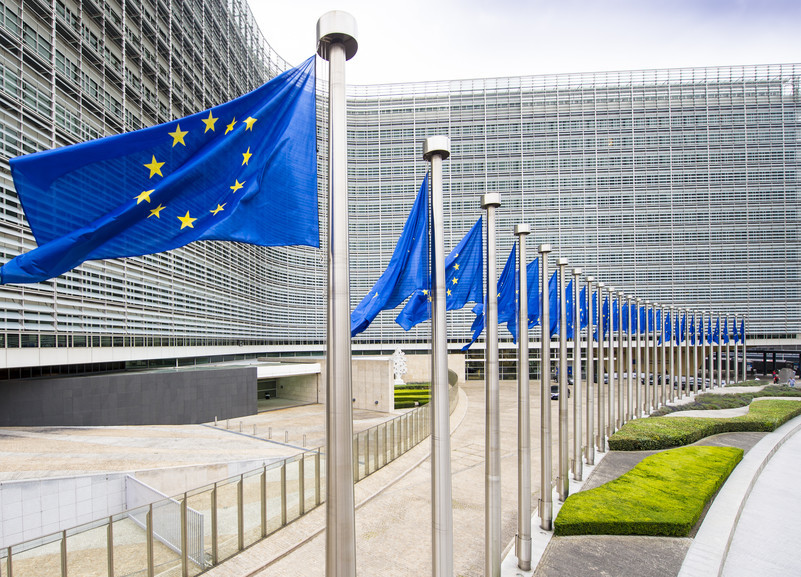The European Union has reached a consensus on initiating accession talks with Ukraine and Moldova, marking a pivotal step for both countries on their path to EU membership.

The decision to commence these negotiations reflects the EU’s ongoing commitment to expanding its influence and fostering stability in the region.
Ukraine and Moldova have long aspired to join the European Union, viewing membership as a means to bolster their political, economic, and social frameworks.
The initiation of accession talks is seen as an endorsement of the progress both nations have made in aligning with EU standards and reforms. However, this process is known for its complexity and rigor, necessitating substantial efforts from both Ukraine and Moldova to meet the stringent requirements set by the EU.
The decision was made during a high-level meeting of EU leaders, where the geopolitical importance of integrating Ukraine and Moldova was underscored.
The EU has emphasised the necessity for both countries to continue their reforms, particularly in areas such as governance, rule of law, and anti-corruption measures. The commitment to these reforms is crucial for ensuring that Ukraine and Moldova can fully integrate into the EU framework.
Ukraine, in particular, has been on a challenging path since its 2014 revolution and subsequent conflict with Russia.
The country’s leadership has undertaken significant reforms to combat corruption, enhance judicial independence, and stabilise the economy. Despite these efforts, the journey towards EU membership remains arduous, requiring continued dedication to comprehensive reforms.
Moldova, on the other hand, has faced its own set of challenges. The country has struggled with political instability and economic difficulties.
However, recent governments have shown a renewed commitment to EU integration, implementing key reforms to improve governance and combat corruption. The initiation of accession talks is a testament to these efforts and a signal of the EU’s confidence in Moldova’s potential.
The accession process involves several stages, beginning with the European Commission’s assessment of each country’s readiness to start negotiations.
This includes evaluating their adherence to the Copenhagen criteria, which encompass political stability, a functioning market economy, and the ability to adopt and implement EU laws and regulations.
Following a positive assessment, formal negotiations can begin, covering a wide range of policy areas, from economic and monetary policy to environmental regulations and justice reforms.
One of the critical aspects of the accession process is the adoption of the EU acquis, the body of common rights and obligations that bind all EU members.
This requires significant legal and institutional changes within the candidate countries. Ukraine and Moldova will need to demonstrate their capacity to implement these changes effectively, ensuring alignment with EU standards.
The European Union’s decision to open accession talks with Ukraine and Moldova also carries a broader geopolitical significance.
It signals the EU’s strategic intent to strengthen its presence in Eastern Europe, countering the influence of other, less democratic, regional powers.
This move is certain to be closely watched by Russia, which has historically viewed the EU’s expansion into its perceived sphere of influence with concern.
In conclusion, the agreement to start accession talks with Ukraine and Moldova is a landmark decision that underscores the EU’s commitment to its enlargement policy.
It offers a pathway for these countries to integrate more deeply into the European community, provided they continue to meet the necessary criteria and implement required reforms. The road ahead is long and challenging, but the commencement of these talks represents a hopeful step towards a more unified and stable Europe.
_________________________________________________________________________________________________________

Follow EU Today on social media:
Twitter: @EU_today
Facebook: https://www.facebook.com/EUtoday.net/
YouTube: https://www.youtube.com/@eutoday1049


